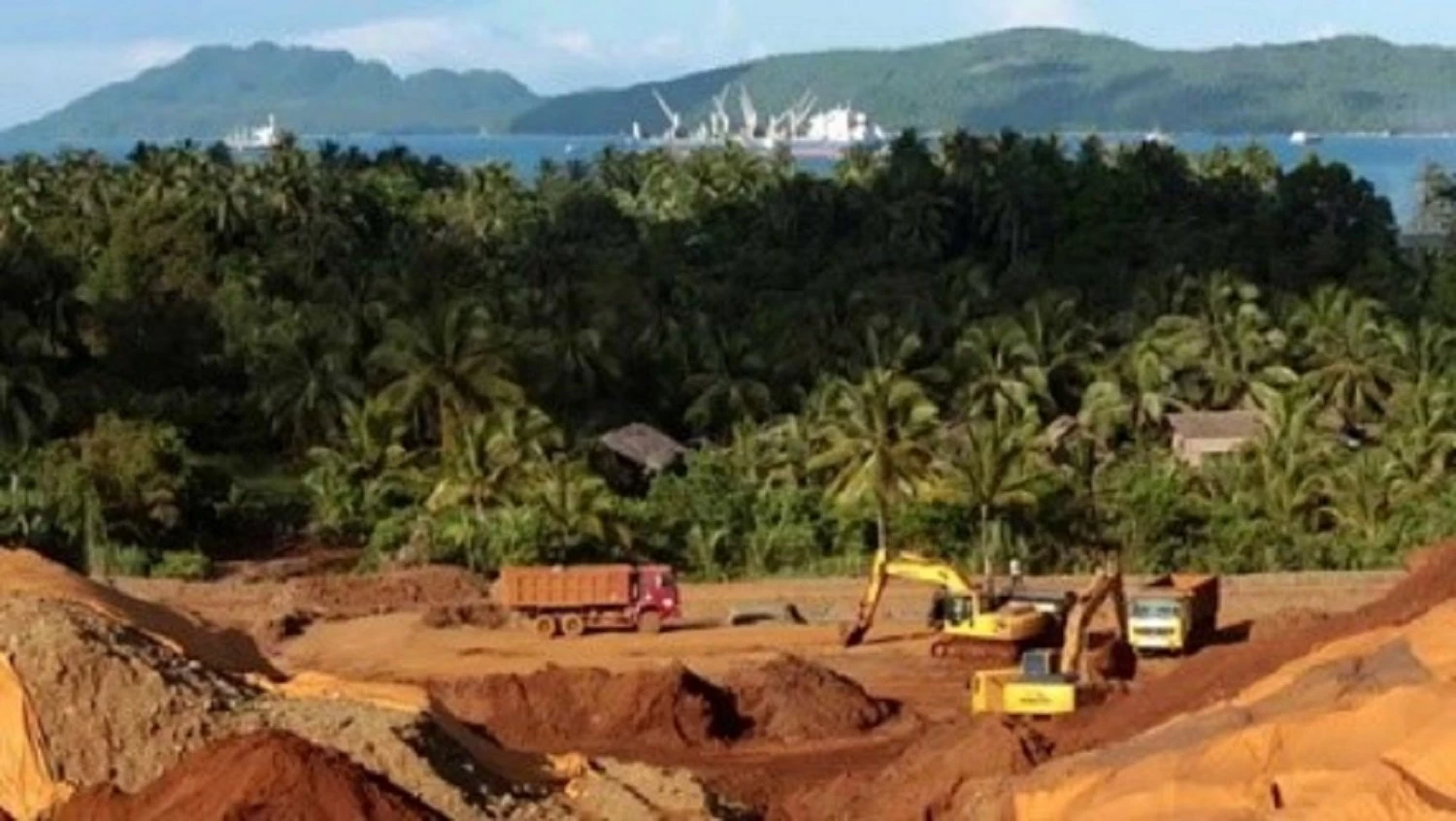Philippine Nickel and the Minerals Mining Outlook

The world mining and metals industries, which include nickel minerals, is only just recovering from one of its most difficult periods in decades. What with great market volatility and a general decline in the global prices of commodity have created a sort of “new normal” where cost cutting, automation, and operational and organizational efficiency have become crucially important.
While the global demand has driven further innovation and discovery in various nickel uses, many other challenges face the nickel mining industry such as geopolitial tension, concerns on the environmental impact of mining, and even continued access to mineral sources of nickel. Adding to this, industry-specific issues related to regulation, legal limits on natural resource use, shareholder activism, and even public scrutiny tend to bring a dim view of the future of the mining industry.
All is not gloom-and-doom, though. As the world shifts towards a greener and more environmentally-sound economy, there is already an upturn on nickel uses and applications in batteries, energy storage, and sustainable energy production. The Philippines finds itself with the opportunity to become a major player in the global supply chain for electric vehicles and batteries by leveraging on its mineral sources of nickel, cobalt, and copper. The Philippines is one of the world’s top sources of nickel minerals and with the disruption in supply from other top producers like Indonesia, and the increased tariffs imposed in South Africa, the country is increasingly becoming the producer of choice for manufacturers across the globe.
Aside from the export of minerals and nickel uses, the Philippine House of Representatives overwhelmingly approved House Bill 10213, or the proposed “Electric Vehicle Industry Development Act”, which aims to provide a national energy policy and regulatory framework for the use and development of electric vehicles and their development as an industry in the country. Furthermore, government called on the Taiwanese companies participating in an industry forum to jointly develop and process nickel minerals and ores in the Philippines to complete the value chain needed for the production of electric vehicles.
While believe that demand for minerals and the mineral sources of nickel will grow in the coming years, there are a number trends that experts believe will greatly affect – for better or for worse – the future of the mining industry.
The Movement Towards Low-Carbon Economies
Fossil fuels have helped to improve living standards around the world since the Industrial Revolution, but their associated greenhouse gas emissions have led to legitimate concerns of global warming. Recent technologies and innovations have brought about low-emission energy and transportation systems are more dependent on mineral and nickel uses compared to their fossil fuel-based counterparts. This transition is already providing a great opportunity for the mining sector. Of course, the mining sector will have to reduce its own emissions. Mining companies that power their operations with renewable energy, operate electric or hydrogen-powered truck fleets, and integrate recycling in their value chains will be best placed to sell low-carbon premium minerals.
Access to nickel minerals
As world-class mineral sources of nickel in low-risk and easily-accessible areas become exhausted, mining companies must either master new technologies for extraction and processing, or venture into frontier areas where extraction has not previously been economically viable. Automation and digitalization will result in more targeted and efficient mining. While these technologies may have a positive effect on the nickel minerals mining outlook and provide companies opportunities to leverage or optimize the valorization of existing resources, they are unchartered territory as far as business models, processes, and even potential social and environmental externalities are concerned.
Social Contracts and Licenses to Operate
Creating real, continued, and sustainable benefits for communities near mineral sources of nickel will be key for successful nickel mining projects. Obtaining the ‘license to operate’ from local communities has been a growing challenge for the nickel mining industry over the recent years. Money must be set aside for end-of-life rehabilitation of ecologies and communities, and even for new projects there will be an impact on local employment as mining companies increase automation and the integration of reliable technology in exchange for fallible and unpredictable human labor. It will be crucial for a nickel mining company to explore and develop progressive business models that benefit affected host and surrounding communities.
Mining and Geopolitics
Nickel mining companies are required to navigate and operate despite rising geopolitical risk and economic protectionism. Growing resistance of communities to globalization and free trade is altering local politics, and directly affects the minerals mining outlook and nickel metals sector. These local occurrences then ripple onto the global market with increased tariffs, export or importation restrictions, and disruptions in nickel minerals supply. Trade wars and increasing protectionism are likely to inhibit global commodity demand and regardless of how technologies still have numerous nickel uses.
The Philippines is transitioning towards an innovative and greener economy by taking advantage of the increasing global demand for nickel minerals and is steadily catching up with other countries in the production and processing of such metals. With an eye towards the future Hallmark Mining Development Corporation continues to maintain a positive and optimistic minerals mining outlook and is firmly placed to be a proactive and progressive future of the mining industry.
Source: World Economic Forum, BDO Global, DTI Board of Investment